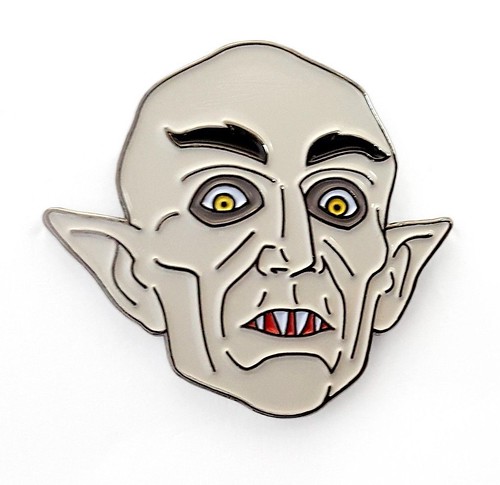######
This article first appeared in CounterPunch magazine on 1/23/2023.
######
Need for Greed: Payback
by John Kendall Hawkins
[JC] told them, "Scripture says, 'My house will be called a house of prayer,' but you're turning it into a gathering place for thieves!"
The opening credits of the new four-part Netflix series, Madoff: The Monster of Wall Street, features at one point cash raining down from the heavens on Wall Street. You picture bankerssmiling inside knowingly on their way to work, say JPMorgan Chase. But, being an aging hippie nearing the extinction of my subspecies, I recalled the happier, spliffier days of street theater and its master practitioner, Abbie Hoffman, and one of his signature gags in August 1967 where he rained dollar bills down on Wall Street brokers from the balcony of the Exchange and watched them drop everything to snorkleporkle for the cash. Larry Sloman, author of the marvelous Steal This Dream, an oral history of the Sixties and the counterculture days, reported on Abbie's shenanigans at Wall Street this way:
At first there was a stony surreal silence as the brokers looked up and saw a shower of currency gently wafting down. Then as the bills hit the ground, pandemonium broke out. The brokers started scrambling, pushing each other, grabbing for the money. When the avalanche subsided, they actually looked up at the gallery and demanded more. But Abbie and his friends had run out of bills, so they started throwing some pocket change down. The brokers booed. [p. 3]
Abbie pulled a similar stunt at the other end of the MIC spectrum, threatening to levitate the Pentagon (and actually getting them to negotiate how high, to Daniel Ellsberg's delight).
Madoff: The Monster of Wall Street asks the same old question: How could this happen?
It's not exactly an honest query. Rhetorical, maybe. For we know the answer is age-old GREED before we even begin watching. The -patho Madoff rightly blamed the success of the Ponzi on people's greed, including his own. What comes out in this Netflix production, and no doubt others, is the melange of interests seeking to ride a secret, exclusive process to instant fiscal success, from mainstream investors like Fred Wilpon, owner of the NY Mets, to wealthy investors evading taxes in the Caymans (the funds bundles and put in the hands of Madoff) to far more nefarious players. But there's more. In Episode 1, "A Liar, Not A Failure," Harry Markopolos, forensic accounting and financial fraud investigator, who tried repeatedly and unsuccessfully to alert the Security and Exchanges Commission (SEC), added a cogent further explanation -- even a paradox -- to the willingness of people to invest in Bernie's wizardry:
Once you realize that Bernie is managing money for some of the world's most dangerous people, you start to worry that if you're discovered trying to turn in Madoff, it could cost the dr?g cartels and the Russians a lot of money. Money that they don't want to lose. So, I'm at risk personally, because I'm seemingly the lone voice in the wilderness going to the authorities saying Madoff's a fraud. So, I started carrying a gun, and I started checking my vehicle for bombs.
( tense music playing )
At the same time, this threat from the Underworld, its mystique, its self-protectiveness, its implicit habit of putting horses heads in the beds of those who crossed them, no doubt added a sense of security for investors. Besides, many of Madoff's investors, who sheltered their money from the IRS, and from paying a fair share of their taxes, were criminals anyway. Which is to say, many of them were in love with their own deviance and winky insiderliness and those who knew that shady violent investors were involved must have felt 'protected'. This is the stinky stench money puts out. Pecunia non olet, aber manus manum lavat, n'est-ce pas?
(Note: You can view every article as one long page if you sign up as an Advocate Member, or higher).





